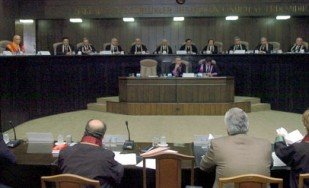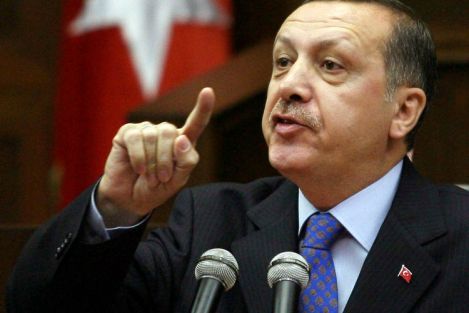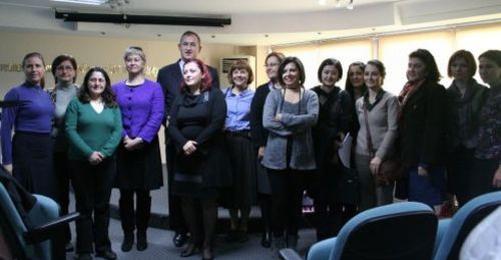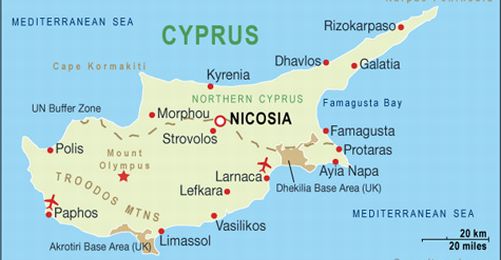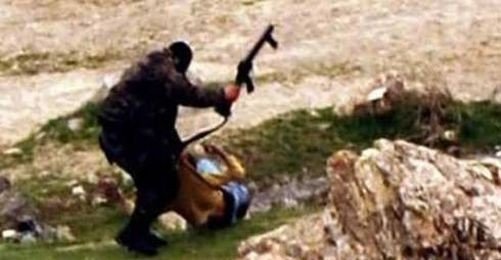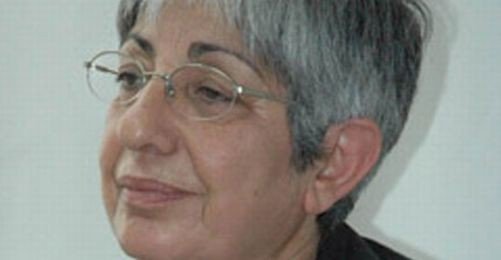On 31 March (Monday) afternoon, the Constitutional Court announced that it would accept the indictment of the Chief Public Prosecutor of the Supreme Court of Appeals, Abdullah Yalcinkaya, and hear the case concerning the closure of the ruling Justice and Development Party (AKP).
71 politicians to be banned
The indictment was accepted unanimously by the 11 judges. The prosecutor had asked for 71 politicians to be banned from politics for five years, including Prime Minister Recep Tayyip Erdogan, President Abdullah Gül, and former Parliament Speaker Bülent Arinc. While there was disagreement on Gül, with 7 votes against 4 voting for his inclusion, the other 70 names were agreed on unanimously.
Speaking on NTV, journalist Rusen Cakir said that the AKP would now do everything to prevent a closure:
“The AKP is seriously worried that the Constitutional Court with its present structure will decree against it.”
Yalcinkaya: "Republic is in danger"
When the closure request was first made in mid-March, AKP representatives had said that they would consider constitutional amendment in order to make it more difficult for the judiciary to close political parties. AKP parliamentary group deputy chairman Nihat Ergün announced that an amendment draft was ready.
Prosecutor Yalcinkaya had argued in his indictment that the party had used a strategy of “social agreement” to introduce moderate Islam and was aiming at sharia law.
He argued that “the Republic is in more danger than ever before” in his 162-page document and listed eleven different crimes of the party.
As for banning politicians, the indictment cites 61 speeches and actions by Erdogan, 16 for Arinc, and 10 for Gül when he was Minister of Foreign Affairs.
The indictment will now be sent to the AKP, which has an initial period of a month to prepare a preliminary defense. The party will be given more time for the main defense.
Following the party’s defense, the Chief Public Prosecutor of the Supreme Court of Appeals would give his technical opinion. Then AKP representatives would testify.
Then, rapporteurs of the Constitutional Court will prepare a report for the judges to deliberate. Of the 11 judges, 7 would have to vote for closure. (EÜ/GG/AG)





